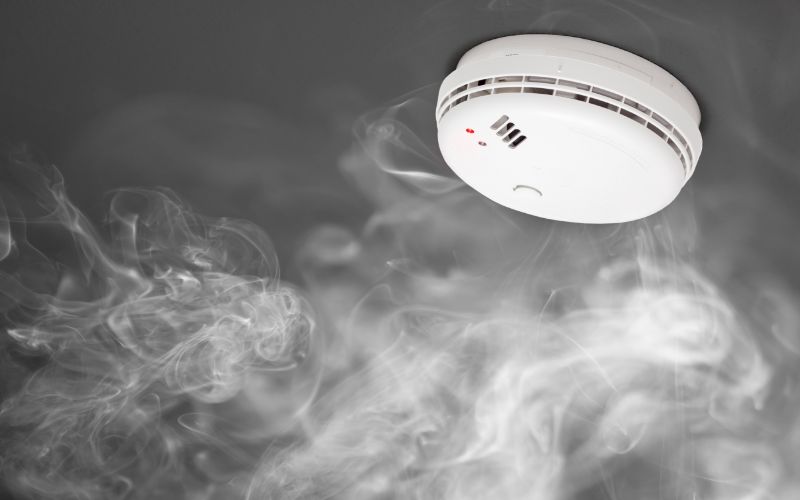
Following the Grenfell Fire tragedy in June 2017 which claimed 72 lives, a Ministerial Working Group on Building and Fire Safety was established in Scotland. Their purpose; to improve fire safety in Scotland by reviewing the country’s building and fire safety frameworks, regulation and guidance.
A significant outcome of this review was the introduction of the Housing (Scotland) Act 1987 (Tolerable Standard) (Extension of Criteria) Order 2019, which sets out a requirement for smoke and heat alarms to be fitted in all homes in Scotland.
Specifically, the legislation calls upon homeowners and landlords to ensure that the following devices are installed within their properties:
- A smoke alarm in the room used most frequently for day time living.
- A smoke alarm in every circulation space on each storey – for example hallways and landings.
- A heat alarm in every kitchen.
- A carbon monoxide detector in properties where there are carbon fuelled appliances – for example gas boilers and fires.
The above noted alarm and detector systems must be both ceiling mounted and interlinked, and must be either mains powered, or else have a sealed tamper-proof battery. The requirement to interlink does not extend to carbon monoxide detectors.
It is estimated that the cost of the required works for an average 3 bedroom property will be £220. Many private rental and also new build properties in Scotland will already have the devices installed and meet relevant standards, but the majority of properties won’t.
The new rules were due to come into force in February 2021. However, the deadline was until 1 February 2022 due to the Covid19 pandemic and recognition from the government that those affected will need additional time to arrange for tradesmen to carry out the works.
The onus to ensure the new rules are complied with falls on homeowners and landlords, but ultimately enforcement will rest with Local Authorities who will have the power to issue enforcement orders. Adherence will also be crucial to ensure that buildings and contents insurance policies remain valid, and at the very least it is important to check with your insurance provider as to whether your policy will be affected and whether the standards will be incorporated into your policy.
Going forward, homeowners and landlords who are looking to sell properties will also have to declare within the Home Report whether the property complies with the new standards, and may have difficulty in selling a property if it does not comply.
